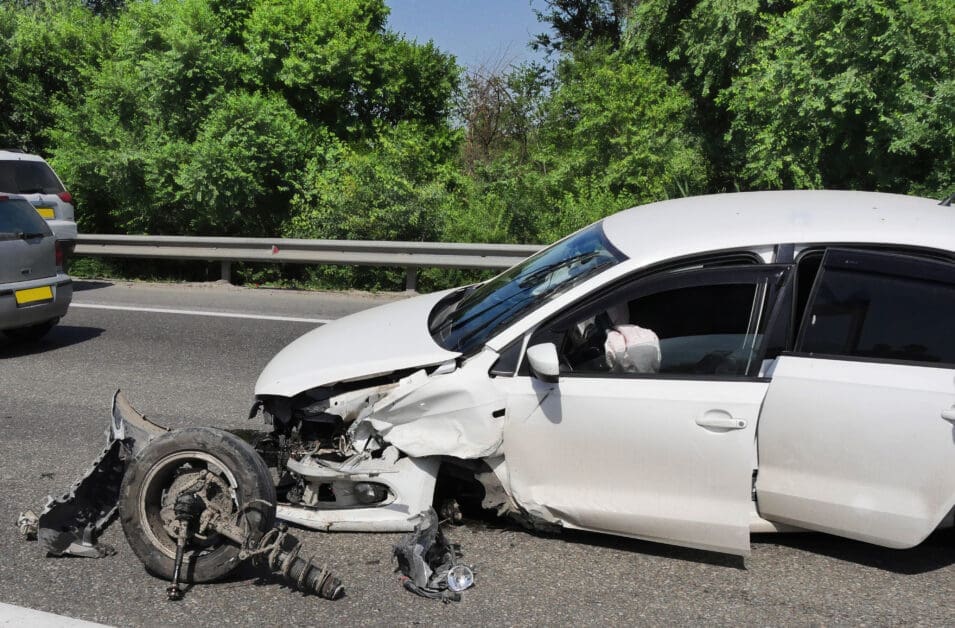What To Do After A Car Accident – A Checklist
Being in a car accident can be a scary and a stressful experience. Even minor fender benders can leave you shaken up. This is why you need to be aware of the steps to take after an accident. Then you can stay calm and follow the checklist, while ensuring the safety of everyone. To help you with that, here’s a detailed checklist that you can follow after encountering a car accident.
Check For Injuries
The first thing you should do is check to make sure you and your passengers are uninjured. Also check on the occupants of the other vehicle if possible. If anyone complains of pain or appears to be bleeding or severely bruised, call 911 immediately. Even if injuries don’t seem evident at first, adrenaline may be masking pain. Seek medical attention as soon as possible.
Move Vehicles To Safety
If the vehicles are creating a traffic hazard or blocking the roadway, move them to the shoulder or side of the road. Turn on your hazard lights. Use flares or warning triangles if you have them. However, if your vehicle isn’t drivable or you feel it’s unsafe to move it, leave it in place with the hazard lights on until the police arrive.
Call The Police
You should call the police to the scene of any accident, even a minor one. Having a police report is crucial for insurance claims and establishes an official record of what happened. If there are any injuries, significant vehicle damage, or disagreement over the details of the accident, it’s especially vital to get the police involved.
Exchange Information
Share contact and insurance information with the other driver. Get their name, phone number, address, license plate, driver’s license number, insurance company and policy number. Also get the make, model, year and license plate number of their vehicle. Similarly, provide your information to the other driver. Getting photographs of the license plates, insurance cards and damage to both vehicles is also helpful.
Document The Scene
Take pictures of any property damage, skid marks, location of impact and injuries (if possible). Capture wider shots of the whole scene as well as close-ups of damage. Get written statements from any witnesses with their names and contact info. All of this evidence will assist with resolving insurance claims later.
Notify Your Insurance Company
Call your insurance provider right away to inform them know you’ve been in an accident. Provide all relevant details about the incident, damage and any injuries. This puts your insurer on notice about a potential claim. However, avoid discussing who was at fault or making any verbal agreements, as that could negatively impact your insurance coverage.
Seek Medical Care
Some car accident injuries like whiplash may not be apparent for hours or even days. Seeing a doctor quickly establishes proof of accident-related injuries. All your accident-related medical bills will then be included as part of any injury claim or lawsuit you may file. Uber, ambulance or having someone drive you to an urgent care clinic or ER are all smart options.
Follow Up On Treatment
Follow all medical advice about scans, tests, physical therapy or medications. Fully completing prescribed treatment is important for both your health and documenting the extent of your injuries. Keep detailed records of all doctor visits, hospital stays, medical bills, prescription receipts and mileage for appointments.
Maintain Records
Keep a file with repair estimates and bills related to your vehicle damage, copies of the accident report and any traffic citations issued, notes on conversations with insurance representatives and the other driver, and all medical records. Having all this documentation organized in one place will streamline filing your insurance claim.
Hire A Car Accident Lawyer
Whether you are dealing with a small accident or not, you need to hire a car accident lawyer. Even if you don’t have any visible injuries, there is a possibility for health issues to arise after some time. On the other hand, you must be compensated for the pain and suffering that you have to go through after the accident. This is where a Denver Car Accident Lawyer can help. You can expect your lawyer to handle communications and negotiations with insurers. It will help you to protect your legal rights, without getting involved.
Being Prepared
Hopefully with quick thinking and the above checklist, you now feel more empowered to safely handle the aftermath of a car accident. Staying calm, avoiding admitting fault and documenting the incident from all angles will help ensure the best outcome from an unfortunate circumstance.
Consider keeping an emergency packet with a first aid kit, flares, disposable camera, notepad and pen in your car at all times to prepare for this possibility. Your safety and peace of mind are most important!















